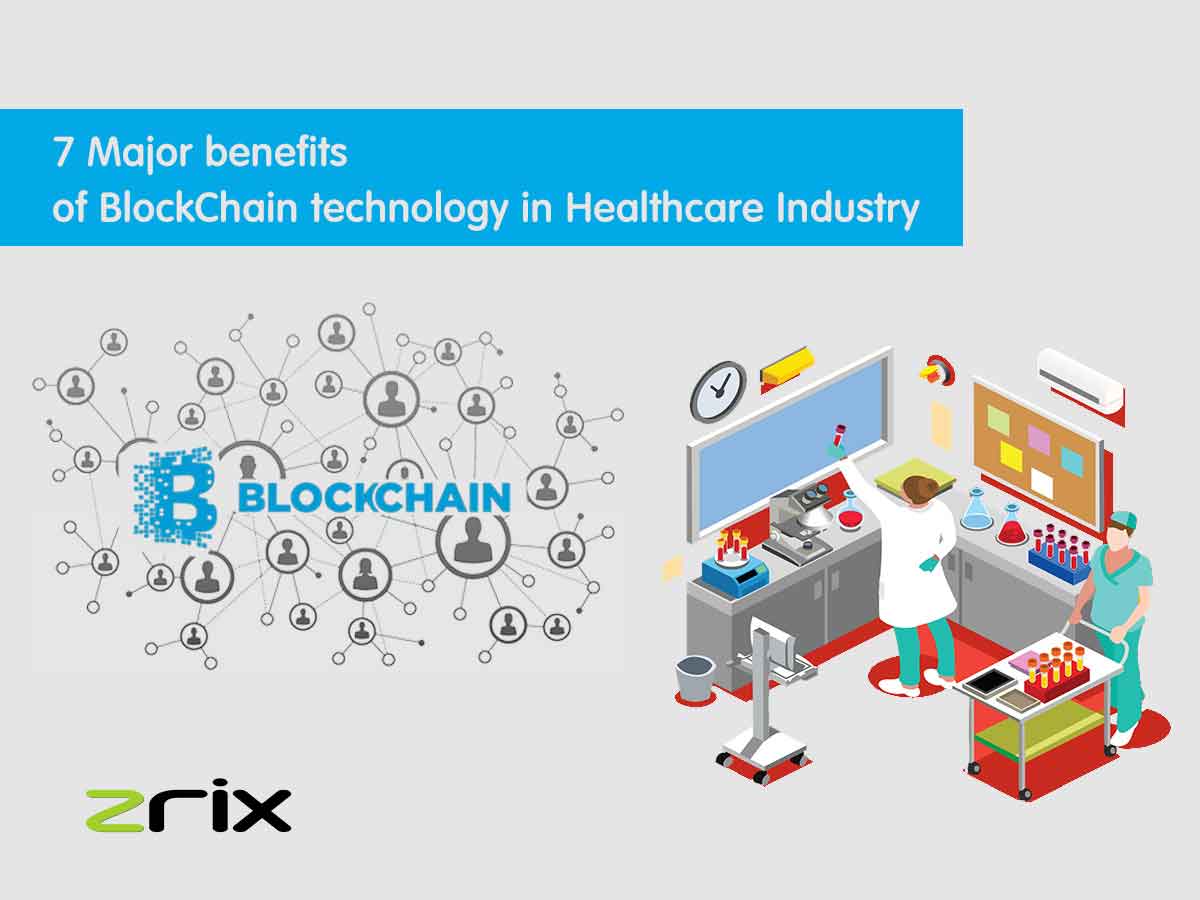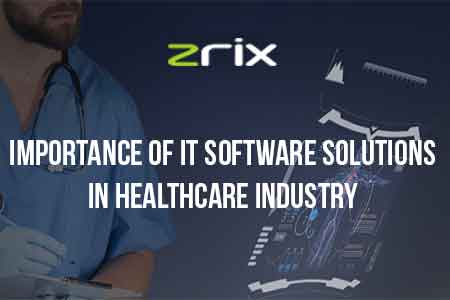Drupal is a free and open-source platform that is well-recognized in the area of the building and developing professional websites. It plays a vital role in a host of end-users worldwide, where it offers ease and flexibility in publishing, managing, and sharing information and content.
Adopting Drupal for healthcare
Drupal can be used in a variety of ways to address healthcare industry issues to achieve beneficial outcomes. The healthcare industry has wide-ranging IT needs and is constantly searching for versatile and robust solutions to solve the lack of effectiveness in their current technology. Drupal development can play a crucial role in it.
For instance, hospitals and clinics continuously roll out funds on EHR (Electronic Health Records) and still seeing inadequacies on physician satisfaction, reporting, security, and care delivery.
Drupal can accommodate the multiple IT needs of the healthcare sector. It boasts a dynamic and robust open-source community where end users can actively contribute and share updates and modules as well as collaborate to develop the technology to meet their needs.
Besides, the platform integrates a noteworthy feature – the Content Management System (CMS). This feature supports the creation, management, modification, redistribution, and removal of digital content, thereby eliminating communication challenges that healthcare institutions, physicians, and patients usually face today.
Moreover, Drupal uses PHP script which is compatible with operating systems such as Linux and Windows. CMS converts the content into PHP, thus making it SEO-friendly.
Read More: How To Choose The Best Drupal Development Company In USA?
Adding value to website applications
However, using Drupal does not mean replacing current healthcare IT systems, such as billing or EHRs. Instead, it serves as an extension to these systems. Through effortless integrations (such as front-end APIs), Drupal can simultaneously increase the functionality of each system.
So how can Drupal help a healthcare website? Drupal can be leveraged to offer end-users the ability to enter each system they are permitted to access with a password and username.
Drupal website applications for healthcare may include:
- Main websites of healthcare institutions
- Patient portals
- Healthcare insurance portals
- Electronic Health Record (EHR) online databases
- Employee intranets
- Intranets, extranets, and websites for GP surgeries, hospitals, medical research institutes, and departments
- Community websites for general practitioners (GP), physicians, nurses, and other healthcare practitioners
- Promotional websites for independent clinicians
- Educational health-related websites, such as medical journals, surgical training websites, and online courses
- Forum websites for patient discussions
- Blogs managed by doctors and other healthcare practitioners, such as physical therapists, nurses, medical technicians, dentists, etc.
And it is not just about creating Drupal websites. Using Drupal as a user-centric channel for data access, it can provide patients with the pertinent information they need, physicians can have wider access to the system, and institutions can reduce the expenses of managing multiple platforms.
These platforms may include, but not limited to:
- Cloud-based scheduling systems
- Electronic Health Records (EHR)
- Referral systems
- Billing systems
- Personal health charts
- Messaging systems
- Android and iOS mobile apps
Revolutionizing the healthcare sector
Here are the reasons why Drupal’s open-source and smart framework is revolutionizing the healthcare industry:
A variety of modules: Drupal has more than 30,000 modules available - with the amount rising as time passes. These modules make it easy for users to deploy websites at short notice resulting in lower continuing costs of operation.
Personalization: Since the healthcare industry has diverse needs, Drupal is equipped to solve issues related to flexibility. Applications based on the Drupal framework reduces vendor lock-in and enables healthcare institutions to quickly adjust to new trends in technology.
Increased patient turnover: Enforcing Drupal can help medical staff connect with patients in a qualitative approach; it is also effective in catering to more patients at a given time.
Improved data liquidity: Drupal applications reduces redundant workflows and allows medical staff to make quick decision-making responses in crisis situations.
Access management capabilities: Drupal allows configuration of specific role-based controls wherein it can provide physicians full access to a patient’s data while still limiting certain personal information to other medical staff that has restricted access. In fact, one of the major risks for HIPAA (Health Insurance Portability and Accountability Act) violations is unauthorized access to critical data. Drupal’s proper access management settings can relieve these HIPAA breaches. Drupal empowers physicians, clinical staff or patients to make use of critical and actionable data in order to achieve healthy and desirable outcomes.
Read More: Things To Avoid While Developing Content Models in Drupal
Repealing open source security vulnerabilities
Fortunately, the US government has shut down the dispute about open source security vulnerabilities. Nowadays, Drupal is being used by various US state departments, such as the Department of Defense, NASA, Department of Homeland Security, and even the White House.
Former Department of Defense’s CIO and current Executive Vice President of Operations & Technology at the Professional Services Council, David M. Wennergren, provided positive testimonials on security issues about open-source software. He remarked that there is "continuous and broad peer-review, enabled by publicly available source code, supports software reliability and security efforts."
In summary, Drupal makes data more accessible without compromising security. It can enhance ease of management, reduce IT disruption expenses, and eliminate redundancy – while enabling key medical staff to redirect their time to engaging and interacting with their patients more rather than bearing the technical brunt of technology.
CMS Website Services, LLC is a Drupal-specific web hosting provider that adheres strictly to HIPAA and creates customized solutions to meet the needs of healthcare institutions. Since Drupal easily adapts to almost any type of situation, its usage has found wider recognition among a spectrum of organizations regardless of its size. Continuous adoption of Drupal within the healthcare industry will only spur improvement in the ever-changing healthcare IT landscape.



